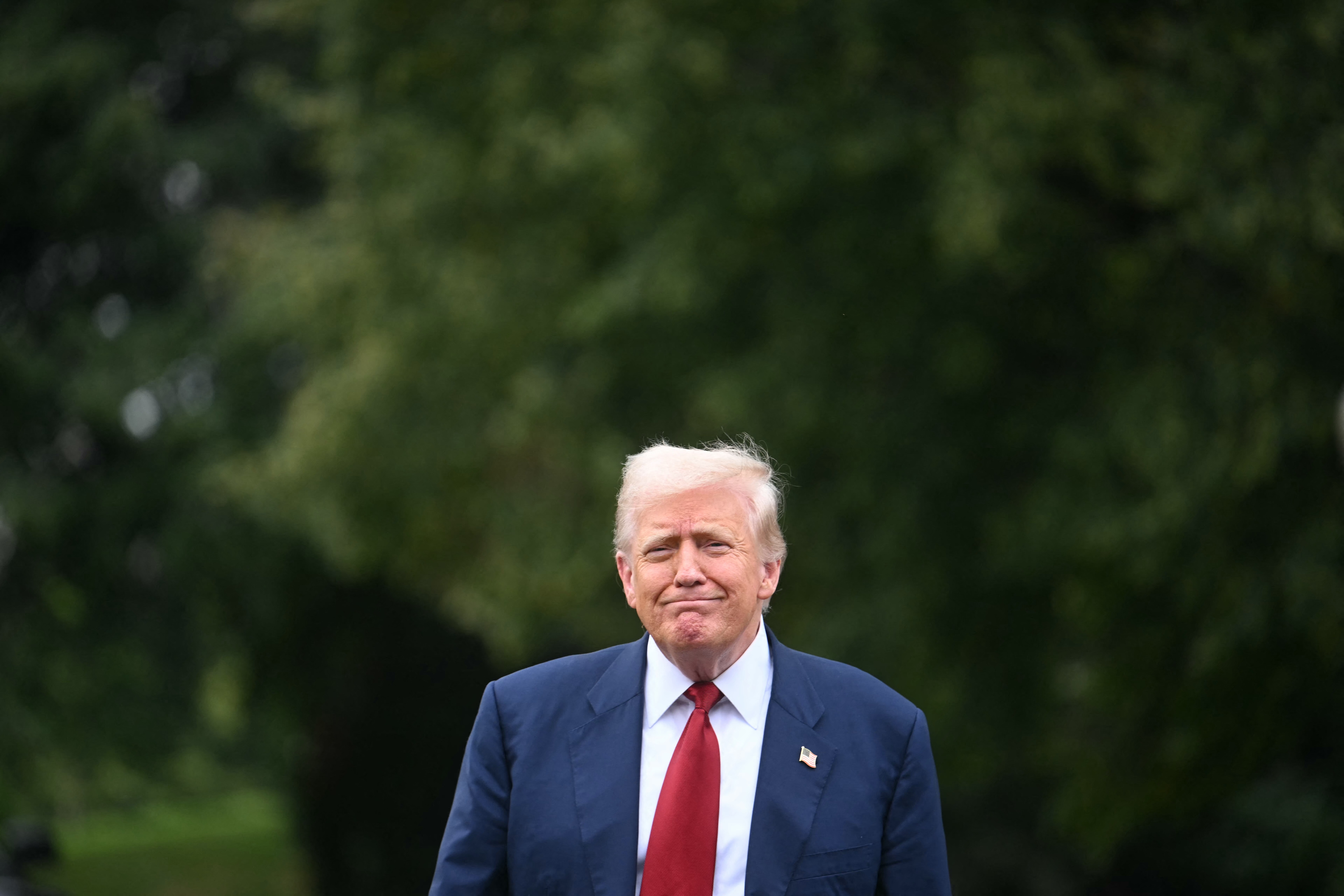President Donald Trump Jim Watson/AFP The effective US import tariff should be close to 22%, and it is unlikely that the rates applied to sensitive and essential national security sectors will be suspended, the JPMorgan Chase Geopolitics Center in a report released on Wednesday said. According to the report, all parties see tariffs as essential to strengthen US industrial base in strategic sectors such as semiconductors and defense, which makes a reversal even after President Donald Trump’s term. 📱 Bake the G1 app to see real -time and free news although it is part of market optimism is based on the idea that tariffs mainly act as a political bargaining tool, the report points to a more complex commercial scenario. Recent trade agreements have generated expectations that the White House can eventually adopt a milder posture. However, the report warns that betting on a return to pretrump trade policies can be a mistake. “It would be a mistake to suppose that the United States will return to an era of low tariffs and search for comprehensive free trade agreements,” the report says. “Even if the next US president supports a pre-2017 approach to trade policy, he will face a series of challenges to undo the Trump government’s tariff structure.” Over time, companies can also adjust their investments to adapt to the new rules, reducing the likelihood of a return to the previous trade regime. A report released last month by the JPMorGanchase Institute estimated that the full application of universal tariffs announced on April 2 could add up to $ 187.7 billion in direct import costs for medium-sized companies-more than six times higher than the tariffs at the beginning of 2025. Trump’s tariff: 50% rates against Brazil are in force on Wednesday to the rest of the world, the rest of the world, Trump 50% tariffs on Brazilian products began to apply on Wednesday (6). With this, part of Brazil’s exports will pay the highest fee in the world to enter the US. On the 30th, US President Donald Trump signed a decree that adds 40% of tariff over Brazilian products, increasing the total to 50%. The measure, however, provides an extensive list of exceptions, including orange juice, civilian aircraft, oil, vehicles and parts, fertilizers and energy products. According to the White House, the decree was adopted in response to actions of the Brazilian government that would constitute an “unusual and extraordinary threat to national security, foreign policy and the US economy.” The announcement confirmed the percentage already mentioned by Trump in a letter sent to Lula this month and stated that the executive order was motivated by actions that “harm American companies and the rights of freedom of expression of US citizens”, as well as impact the country’s foreign policy and economy. The White House cites “political persecution, intimidation, harassment, censorship and legal proceedings” against former President Jair Bolsonaro and his supporters, classifying these actions as “serious human rights abuses” and a weakening of the rule of law in Brazil. As G1 has shown, rates affect exporters of all sizes, but tend to achieve more margin more intensely to absorb additional costs. According to Sebrae, micro and small businesses – representing 40% of exporters in the country – already face suspended requests, paralyzed negotiations and customers adopting the posture of “waiting to see”. See what is #Fake about Trump’s 50% tariff against Brazil
Source link
Rate: Fees in crucial sectors can last beyond the Trump era, says JPMorgan
4

